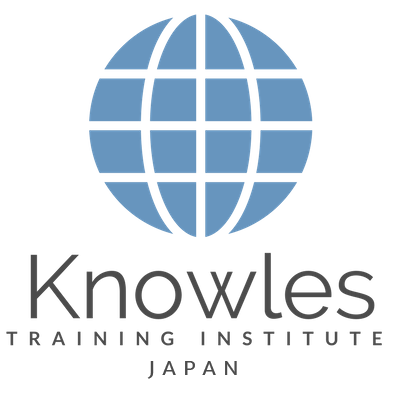Millennial Onboarding in Japan
Welcome to our Millennial Onboarding session in Japan, designed to bridge the gap between traditional workplace practices and the expectations of the millennial generation. As millennials continue to comprise a significant portion of the workforce, it’s essential for organizations to adapt their onboarding processes to meet the unique needs and preferences of this demographic. This session aims to provide insights and strategies for effectively integrating millennials into the workplace, fostering engagement, and maximizing their potential contribution to organizational success.
In Japan, where cultural norms and workplace dynamics may differ from those in other parts of the world, understanding the specific challenges and preferences of millennial employees is paramount. By aligning onboarding practices with the values and expectations of this generation, organizations can create a supportive and inclusive environment that promotes retention, productivity, and long-term success.
Talk Objectives:
- Understanding Millennial Characteristics: Explore the defining characteristics of the millennial generation, including their digital fluency, desire for meaningful work, and preference for collaborative and flexible work environments. Recognize the importance of empathy and cultural sensitivity in understanding millennial perspectives and motivations.
- Tailoring Onboarding Experiences: Tailor onboarding experiences to meet the needs and preferences of millennial employees, leveraging technology, multimedia, and interactive learning platforms to deliver engaging and personalized training content. Incorporate elements of gamification, social learning, and peer mentoring to create immersive and dynamic onboarding experiences.
- Communicating Organizational Values: Clearly communicate the organization’s mission, vision, and values during the onboarding process, emphasizing its commitment to social responsibility, sustainability, and diversity and inclusion. Highlight opportunities for millennial employees to contribute to meaningful projects and initiatives aligned with these values, fostering a sense of purpose and belonging.
- Providing Feedback and Recognition: Establish regular feedback mechanisms and recognition programs to provide millennial employees with timely feedback on their performance and contributions. Embrace a coaching and mentoring approach that emphasizes ongoing development and growth, empowering millennials to take ownership of their career progression.
- Promoting Work-Life Balance: Promote work-life balance and employee well-being by offering flexible work arrangements, wellness programs, and initiatives to support mental health and resilience. Recognize the importance of work-life integration for millennials, who prioritize holistic well-being and seek employers that prioritize their health and happiness.
- Facilitating Career Development: Provide opportunities for career development and advancement through training, mentorship, and exposure to cross-functional projects and roles. Offer clear pathways for progression and growth within the organization, empowering millennials to pursue their professional aspirations and goals.
- Encouraging Collaboration and Innovation: Foster a culture of collaboration, creativity, and innovation by creating spaces and platforms for millennial employees to share ideas, collaborate on projects, and experiment with new approaches and technologies. Embrace diversity of thought and encourage a culture of constructive feedback and continuous improvement.
- Embracing Technology and Digital Tools: Leverage technology and digital tools to streamline administrative processes, enhance communication and collaboration, and empower millennial employees to work more efficiently and autonomously. Provide training and support to ensure that millennials feel confident and competent in using these tools to their fullest potential.
- Promoting Diversity and Inclusion: Foster a culture of diversity and inclusion that celebrates individual differences and perspectives, creating a sense of belonging for all employees, regardless of background or identity. Actively seek input from millennial employees on diversity and inclusion initiatives, ensuring that their voices are heard and valued.
- Measuring and Evaluating Onboarding Success: Establish metrics and key performance indicators (KPIs) to measure the effectiveness of the onboarding process and its impact on millennial engagement, retention, and performance. Solicit feedback from millennial employees at various stages of the onboarding journey to identify areas for improvement and refinement.
The Millennial Onboarding session has equipped organizations in Japan with the knowledge and strategies needed to effectively integrate millennial employees into the workplace and maximize their potential contribution to organizational success. By understanding millennial characteristics, tailoring onboarding experiences, and fostering a culture of collaboration, innovation, and inclusivity, organizations can create a supportive and engaging environment that attracts, retains, and empowers millennial talent.
Ready to transform your onboarding process to better meet the needs of millennial employees? Start by assessing your current onboarding practices and identifying areas for improvement based on millennial preferences and expectations. Embrace a learner-centric approach that prioritizes engagement, collaboration, and continuous learning, and leverage technology and digital tools to enhance the onboarding experience. Together, let’s create an inclusive and empowering workplace where millennial employees can thrive and contribute their unique talents and perspectives to drive organizational success in Japan.
More Information:
Duration: 60 minutes
Fees: $1299.97 USD 679.97
For more information please contact us at: contact@knowlesti.co.jp
If you would like to register for this talk, fill out the registration form below.

